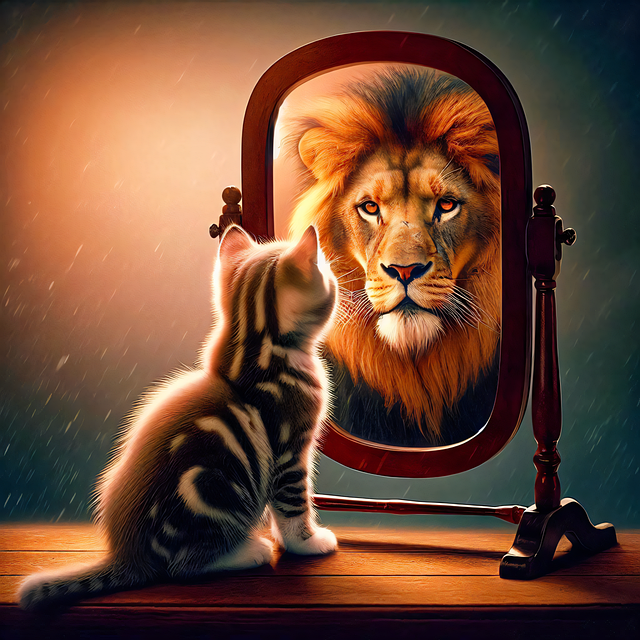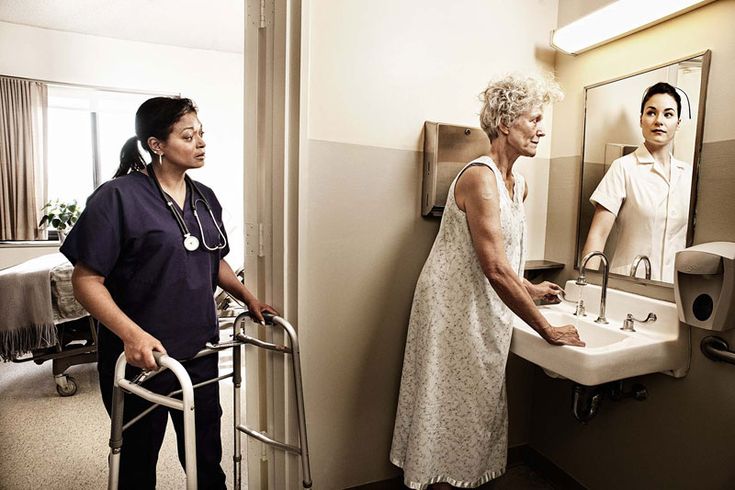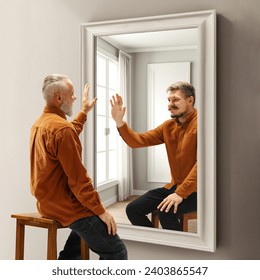The Psychology of Beauty: How It Affects Our Self-Esteem

In today’s visually-driven society, beauty has become a powerful currency. From the captivating allure of social media influencers to the glossy pages of magazines, we are constantly bombarded with images that define beauty standards. However, this pervasive focus on appearance can significantly impact our self-esteem, leading to feelings of inadequacy and self-doubt. Understanding the psychology behind beauty and its effects on our self-worth is crucial for fostering a healthier self-image.
The Connection Between Beauty and Self-Esteem
The concept of beauty is deeply rooted in cultural contexts, psychology, and social norms. Psychological studies reveal that people often equate beauty with positive attributes, such as intelligence, kindness, and competence. This phenomenon, known as the “halo effect,” can create a detrimental cycle where individuals judge themselves based on unrealistic beauty standards set by society.
Low self-esteem can arise from this comparison, leading individuals to feel unworthy or less deserving of love and respect. The emotional toll of this creates a ripple effect, impacting mental health and overall well-being. Hence, navigating the intricate relationship between beauty and self-esteem is essential.

Ways to Overcome Low Self-Esteem
- Practice Self-Compassion
- Treat yourself with the same kindness you would offer a friend. Acknowledge your flaws and mistakes without harsh judgment. Understand that everyone experiences insecurities, and self-compassion fosters resilience and self-acceptance.
2. Challenge Negative Self-Talk or From a second Party
- Pay attention to your inner dialogue. When negative thoughts arise, challenge them by countering with positive affirmations and realistic self-assessment. Replace “I am not good enough” with “I have unique qualities that contribute to my worth.”
3. Engage in Positive Affirmations
- Regularly affirming your strengths can reinforce a positive self-image. Create a list of affirming statements about yourself and repeat them daily. Words like “I am worthy,” “I am capable,” and “I am enough” can significantly shift your mindset.
4. Limit Social Media Exposure
- Social media can skew our perceptions of beauty and reality. Consider taking breaks from platforms that negatively impact your self-esteem. Curate your feeds by following accounts that promote body positivity, diversity, and self-love.
5. Focus on Health, Not Appearance
- Shift your focus from physical appearance to overall well-being. Prioritize healthy habits like regular exercise, balanced nutrition, and sufficient sleep. Embrace activities that make you feel good, regardless of their appearance-related outcomes.
6. Cultivate Gratitude
- Practicing gratitude can help shift your focus from what you lack to what you appreciate in your life. Maintain a gratitude journal where you note the positives in your life, no matter how small. This can improve your outlook and enhance overall self-esteem.
7. Surround Yourself with Supportive People
- Build a network of supportive friends and family who uplift you and celebrate your authentic self. Distance yourself from toxic relationships that contribute to low self-esteem and negative self-image.
8. Set Realistic Goals
- Identify personal goals that are attainable and aligned with your values. Celebrate small achievements in every step toward those goals, which can provide a sense of accomplishment and boost your confidence.
9. Seek Professional Help
- When self-esteem issues feel overwhelming, don’t hesitate to seek professional support. Therapists can help you explore the roots of your self-esteem struggles and provide coping strategies to improve your self-image.
10. Embrace Your Uniqueness
- Accept that beauty is subjective and often varies from person to person. Celebrate what makes you unique and focus on cultivating your distinct identity. Remember that self-esteem originates from within, not validated by external standards

The psychology of beauty significantly influences self-esteem, but by understanding this dynamic, we can take actionable steps toward empowerment. Embracing self-compassion, challenging negative narratives, and focusing on holistic well-being are pivotal in combating low self-esteem. Ultimately, beauty is not a fixed ideal but a diverse expression of authenticity. By nurturing self-acceptance, we can redefine our relationship with beauty and foster a more resilient, fulfilling sense of self-worth.



